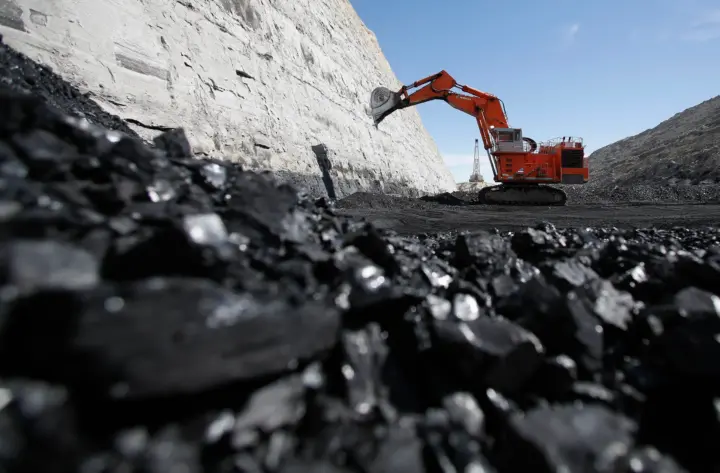The global coal industry is on the cusp of a significant transformation, and the repercussions are poised to be profound.
According to research conducted by Global Energy Monitor (GEM), even without further international commitments to phase out fossil fuels, the coal sector may be compelled to shed nearly one million jobs by the year 2050. This transformation will be most acutely felt in China and India, two countries where the coal industry has played a pivotal role in economic growth.
In the coming decades, it is anticipated that numerous labor-intensive coal mines will reach the end of their operational lives. As the world strives to transition towards cleaner, low-carbon energy sources, the coal mining industry is bound to face immense challenges. The research underscores a grim reality: “most of the mines likely to shut down have no planning underway to extend the life of those operations or to manage a transition to a post-coal economy.”

Dorothy Mei, the project manager for GEM’s Global Coal Mine Tracker, has aptly emphasized the critical importance of governments making comprehensive plans to ensure that the workforce doesn’t bear the brunt of these changes. She states, “Coal mine closures are inevitable, but economic hardship and social strife for workers are not.”
GEM conducted a thorough analysis that encompassed 4,300 active and proposed coal mine projects worldwide, covering a collective workforce of nearly 2.7 million individuals. This extensive study unveiled some stark figures: more than 400,000 workers are currently employed in mines expected to cease operations before 2035.
However, it’s crucial to consider potential alternatives and mitigation measures. If proactive steps were taken to phase down coal consumption and limit global warming to 1.5 degrees Celsius (2.7 degrees Fahrenheit), GEM’s estimation is that only 250,000 miners, which accounts for less than 10% of the current workforce, would be required worldwide. This underscores the necessity for comprehensive strategies and policies to address the challenges that coal-dependent communities and workers will inevitably face.
The global coal industry is a sprawling and complex landscape, with various nations being differently impacted. China, which boasts the world’s largest coal industry, is currently estimated to employ more than 1.5 million individuals within this sector. Of the expected one million job losses worldwide by 2050, over 240,000 are anticipated in China’s Shanxi province alone.
China’s coal industry has already weathered several waves of restructuring in recent decades. Many mining districts in the northern and northeastern regions of the country have struggled to find alternative sources of growth and employment following the closures of coal pits. The consequences of these changes have not been limited to economic shifts; they have also engendered social and human challenges.
Ryan Driskell Tate, GEM’s program director for coal, emphasizes, “The coal industry, on the whole, has a notoriously bad reputation for its treatment of workers.” He underlines the importance of proactive planning to ensure that workers and coal-reliant communities have the necessary support during this transition. Such planning is critical for both the industry and governments, as it ensures accountability to those who have borne the consequences of coal mining for so long.
In essence, the coal industry is at a crossroads, and the choices made by governments, industry stakeholders, and the international community will have far-reaching implications. While the transition to cleaner energy sources is essential for addressing climate change, it is equally vital to consider the welfare and livelihoods of those who have been the backbone of the coal industry. Comprehensive planning, investment in reskilling and retraining, and the creation of alternative economic opportunities will be key to mitigating the social and economic impacts of the coal industry’s transformation. The journey toward a post-coal economy must be approached with care and compassion for the communities and individuals affected, ensuring a just and equitable transition.
Support InfoStride News' Credible Journalism: Only credible journalism can guarantee a fair, accountable and transparent society, including democracy and government. It involves a lot of efforts and money. We need your support. Click here to Donate
